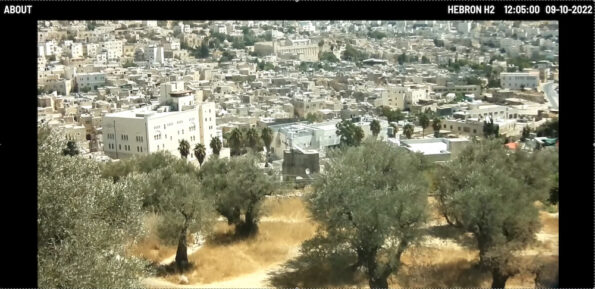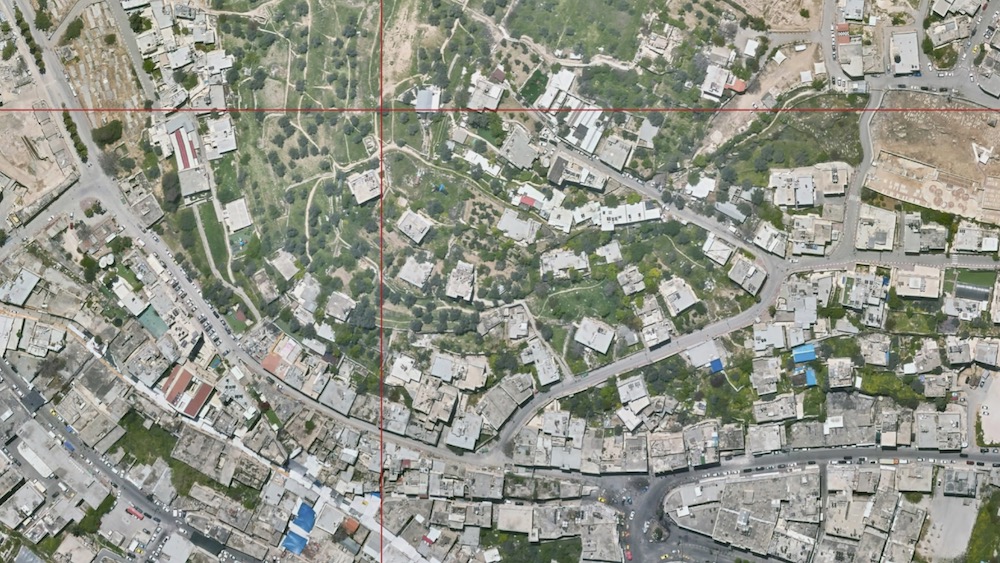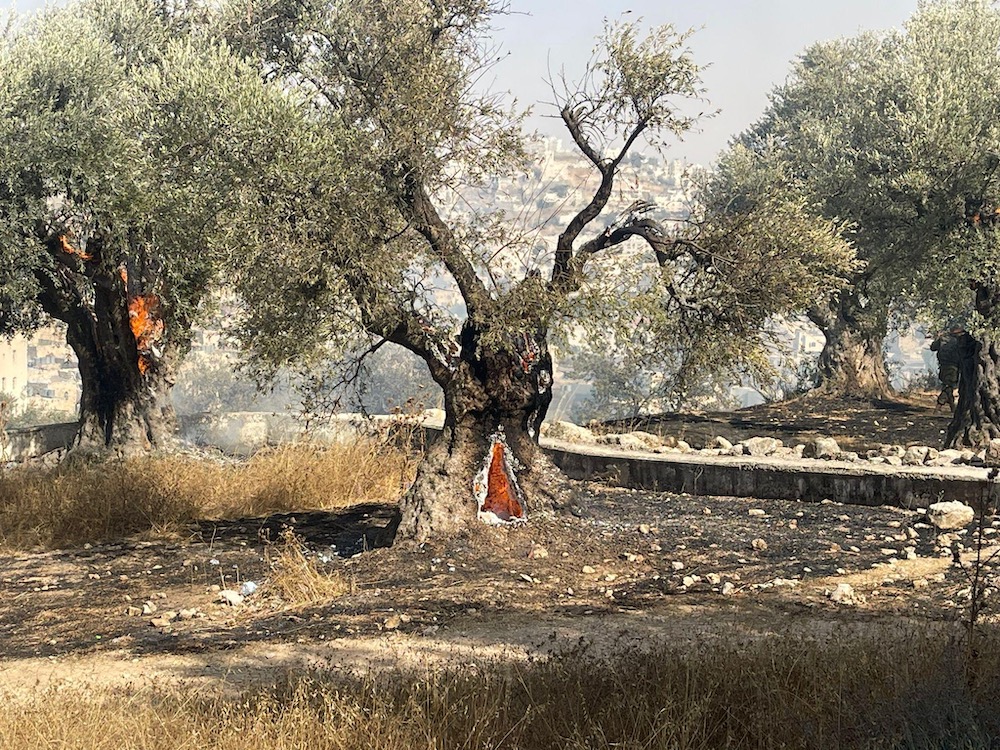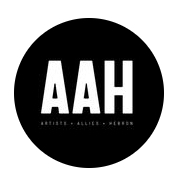Search
To search for an exact match, type the word or phrase you want in quotation marks.
A*DESK has been offering since 2002 contents about criticism and contemporary art. A*DESK has become consolidated thanks to all those who have believed in the project, all those who have followed us, debating, participating and collaborating. Many people have collaborated with A*DESK, and continue to do so. Their efforts, knowledge and belief in the project are what make it grow internationally. At A*DESK we have also generated work for over one hundred professionals in culture, from small collaborations with reviews and classes, to more prolonged and intense collaborations.
At A*DESK we believe in the need for free and universal access to culture and knowledge. We want to carry on being independent, remaining open to more ideas and opinions. If you believe in A*DESK, we need your backing to be able to continue. You can now participate in the project by supporting it. You can choose how much you want to contribute to the project.
You can decide how much you want to bring to the project.

After more than 55 years of Israeli military control, the West Bank and Hebron’s old city have morphed into the quintessential chimaera of militarism in the digital age. From motion and heat sensors, license plate scanners, and 24/7 CCTV to advanced algorithmic facial recognition technologies, Hebron is akin to an Orwellian fantasy, where the single, malevolent gaze of a military watchtower spawns into an assemblage of electronic monitoring devices powered by computers and code.
In 2021, the Washington Post broke the revelatory story of the nefarious facial-recognition technology, Blue Wolf. Blue Wolf utilises smartphone technology to capture images of Palestinian faces and match them to a biometric database known as Wolf Pack which contains profiles of virtually every Palestinian in the West Bank. This database includes photographs of the individuals, their family histories, education and a security rating for each person. The phone app flashes in different colours to alert soldiers if a person must be detained, arrested, or left alone. A separate civilian smartphone app, White Wolf, has been developed for use by Jewish settlers in the West Bank. Whilst settlers are not allowed to detain people, security volunteers can use White Wolf to scan a Palestinian’s identification card before that person enters a settlement. In addition to Blue Wolf, the Israeli military has installed face-scanning cameras in the divided city of Hebron to help soldiers at checkpoints identify Palestinians before they present their ID cards. A more comprehensive network of closed-circuit television cameras, dubbed “Hebron Smart City,” provides real-time monitoring of the city’s population even allegedly seeing into the homes of Palestinians.

Map source: B’Tselem
“While developed countries around the world impose restrictions on photography, facial recognition, and surveillance, the situation described [in Hebron] constitutes a severe violation of basic rights, such as the right to privacy, as soldiers are incentivised to collect as many photos of Palestinian men, women and children as possible in a sort of competition,” stated Roni Pelli, a lawyer with the Association for Civil Rights in Israel.
Broader global political and economic shifts have legitimized military surveillance systems like Blue Wolf and have their origins in the advent of Surveillance Capitalism. In settler-colonial contexts, this system shifts into the domain of what is often called “Terror Capitalism,” delivering the capitalist demands for data and cheap labour to articulate and actualise the goals of colonial domination. Multiple ethnographic studies draw the conclusion that this methodology of colonisation, among minoritised populations (considered to be outside of civil rights protections), creates dispossession, exploitation and socio-psychological torment.
“The cameras only have one eye — to see Palestinians. From the moment you leave your house to the moment you get home, you are on camera.”- Issa Amro, Palestinian UN Human Rights Defender and Co-founder of Artists+AlliesxHebron.
Artists x Allies + Hebron (AAH) was founded by Issa Amro (b. 1980) a Palestinian activist based in Hebron, West Bank. He is the co-founder of the grassroots group Youth Against Settlements. Amro advocates the use of non-violent resistance and civil disobedience to fight the Israeli Occupation of the Palestinian Territories. In 2010, he was declared “human rights defender of the year in Palestine” by the Office of the United Nations High Commissioner for Human Rights (OHCHR). Amongst his many other activist responsibilities, he runs AAH alongside Adam Broomberg. AAH aims to bring the attention of the international community to the situation in Hebron H2 in two ways: Firstly, by broadcasting projects performed in H2 outwards to an international network of cultural venues and their digital platforms. Secondly, by bringing high-profile members of the art world to Hebron, to meet local artists and activists and gain a credible understanding of the situation on the ground.
From the Hebron Mountains in the south to the Galilee in the north, two major landscapes prevail intermittently: conifer pine forests and deciduous olive groves. These trees are emblematic of the long and worn struggle for land ownership between the two nations of Israel and Palestine. The conifer pine forests are the totemic symbol of the Israeli identity, drawing upon historical narratives of cultivating a holy cornucopia, and characteristic of European civilised society. The olive tree performs a similar totemic role for the Palestinian identity, of culture, resistance, agrarian sovereignty and intergenerational tradition. The olive harvest in Palestine takes place in the fall every year, making this time crucial in the lives of many Palestinian families. Between August 2020 and 2021, more than 9,300 olive trees were destroyed in the West Bank. Since 1967, a total of 800,000 Palestinian olive trees have been destroyed by Israeli authorities and settlers, some of which were 4000 years old.
Our counter-surveillance strategy co-opts surveillance technology but with a radically different purpose – this electronic gaze does not seek to control, punish, or instil fear. Instead, it is an attempt at community building and service. AAH set up purpose-built surveillance cameras with Raspberry pi and installed them in non-disputed Palestinian-owned olive groves. The images are then broadcast to various artistic institutions and websites across the world. The meditative image of several hundred-year-old olive trees gently moving in the wind, is both symbolic but also practical; The cameras pay respect to the oldest endemic species of Palestine while at the same time fostering a sense of transparent practice and international stewardship.

Photograph of burning olive tree by Issa Amro
Ahead of the annual Hebron Olive Harvest campaign set to be held on the 22nd of October to the 15th of November this year, four Olive trees estimated to be thousands of years old, situated around Amro’s home in Tal Rumeidah, were set alight from within the trunk cavity. Attacks on the Olive Trees are often the actions of right-wing extremist settler groups who implement “price-tag” acts of violence against nature and community within Hebron. Price-tag attacks is a term used for revenge attacks as a form of punishment for governmental decisions appearing to oppose right-wing agendas. The harvesting season is a key economic and intergenerational adhesive for cultural and fiscal sovereignty. Many Palestinians will take days off from work, to spend time with their relatives, neighbours and friends to support their intimate connection to their land and cultural traditions. Between 80,000 to 100,000 families rely on olives and subsequent products for their primary or secondary income. The number and intensity of attacks on the trees increase exponentially during the olive season. Seemingly static and mute landscapes are imbued in the narratives of military personnel, architects, farmers, settlers and government officials to express the cultural, economic and legal dynamics that continue to shape and reshape the landscapes itself.
As of this moment, a fundraiser has been created to assist Amro in the protection of these ancient and sacred trees which you can find here. AAH cameras will be reinstalled for the Harvest season to offer options to support us in our global stewardship project to protect what remains of this ancient species and participate in a global cultural survival initiative that is intimately connected to people and the earth.
AAH wants to thank:
Issa Amro (Curator / Director)
Adam Broomberg (Curator / Director)
Batuhan Keskiner (Creative and tech Production)
Lena Holzer (Curator / Art Director)
Rafael Gonzalez (Research and Studio Manager)
Natasha Garbawi (Production Assistant)
Lina Aastrup (Curator)
Natalie Strecker (former Human Rights Monitor (Hebron), Activist & Coach)
Christian Nolle (Creative and tech production)
AAH Tree Poetry by Adam Broomberg & Lena Holzer
Article by Melanie Pyne with contributions by Adam Broomberg, Rebecca Routman, and Mariia Vydrenko on behalf of Artists + Allies x Hebron (AAH). AAH is Issa Amro (Hebron) & Adam Broomberg (Berlin).

Artists + Allies x Hebron is activist artistic project and an NGO run by Adam Broomberg @adambroomberg in Berlin, Germany and Issa Amro @issaamro in Hebron, Palestine. And with Hebron as its focal point and olive trees as its subject matter. We aim to support Palestinian Human Rights in an artistic, non-violent, poetic way.
"A desk is a dangerous place from which to watch the world" (John Le Carré)